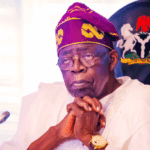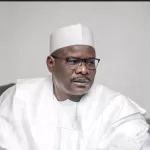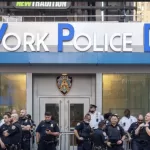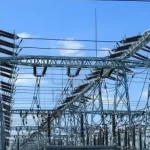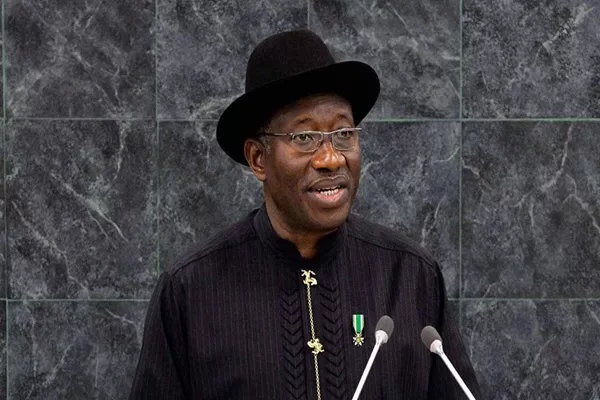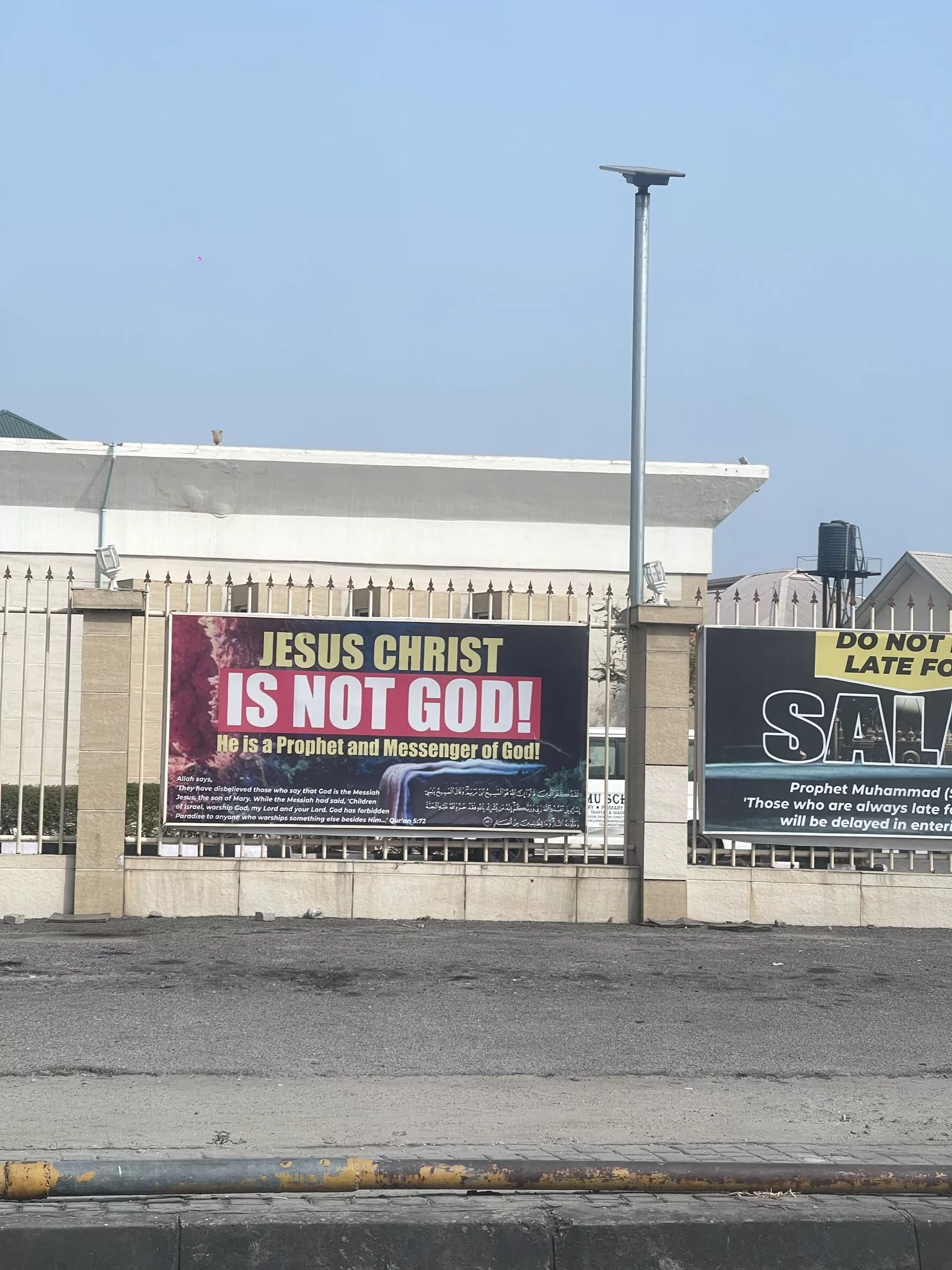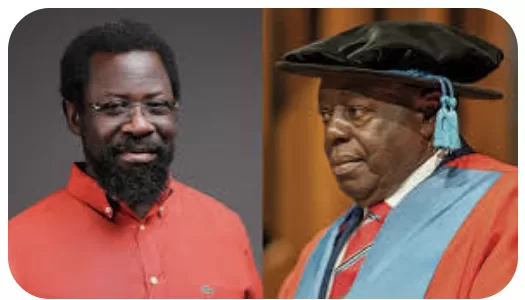Vice President Kashim Shettima and former president Goodluck Jonathan on Monday, April 22, spoke on the need to focus on the workability of state police in the country and address concerns about the likely abuse of the process.
Also, former Head of State, General Abdulsalami Abubakar warned politicians not to exert undue influence on the state police when eventually adopted by the country, while canvassing a role for the traditional rulers in addressing the security challenges in the country.
They spoke at a national dialogue on state police with the theme “Pathway to peace: Reimagine Policing in Nigeria” organised by the House of Representatives as part of efforts to pass the state police bill currently before the House.
The vice president who assured of the commitment of President Tinubu’s government to addressing the security challenges in the country said the President was waiting for the recommendations from the dialogue.
He said the interest of the House on the issue of state policing underscores their commitment to the security and wellbeing of the Nigerian citizens, adding that the dialogue was not only timely but also speaks to the commitment of the legislative arm in addressing critical national issues through inclusive and collaborative governance.
He said further: “This government under the leadership of President Bola Ahmed Tinubu is acutely aware of the complex security issues that abound in places. As such, we are continually developing and reminding strategies and methods to address these challenges effectively.
Today’s dialogue is critical to these efforts. Providing a platform for robust discussion and innovative thinking regarding the reform of our policing structure. The President deserves commendation for his openness and proactive stance towards the idea of reforming and decentralising the police force.
‘The President believes that the path to effective security is through adaptive reforms catering to our diverse people and circumstances. This can only be achieved by carefully reviewing various options in the Nigerian context.”
He also stated that this inclusive approach to addressing the security challenges will guide the nation towards a policing system that is most effective and respectful of the citizens.
He said: “It gladens my heart that the 10th House of Representatives under the speaker Tajudeen Abbas has keyed into this initiative. The involvement of the legislature in executive reforms ensures continuity and synergy. Let us use this opportunity to engage, with the seriousness it demands.
The president is committed to listening to your recommendations and insights invariable to share in the policies that would lead us to a more secure and good society.
“The concept of state policing is not merely a policy for the proposal but a potential milestone of revolution of our law enforcement framework. It offers the possibility of catering to the diverse needs of our communities.
“As vice president, I am deeply interested in the outcomes of today’s discussions. The insights would inform our administration’s approach to supporting legislation and enhancing the capacity of our police force but also strengthen the bonds of trust between law enforcement and the public.”
While deliberating, the Vice President said, stakeholders should consider the implications of state policing from multiple perspectives by paying attention to response time to emergencies, adapting to specific local challenges, and increasing accountability.
He stressed that the nation must also address concerns related to the standardization of training, oversight, and the safeguarding of our civil liberties and see the dialogue as an opportunity to listen, understand, and focus on solutions.
He said: “It is essential that this forum is not the end, but the beginning of an ongoing conversation on the issue of police and security sector reform in our country. The theme of today’s event is a pivotal aspect of our national discourse. It reflects a collective recognition of the need for a more localised, responsive and effective law enforcement framework”.
The vice president said further that the nature of the stakeholders gathered for the dialogue underscores the comprehensive approach to ensure that diverse perspectives are integrated into the policy-making process.
He said: “As we continue today’s sessions I urge participants to engage with openness, honesty, and insight. The value of this gathering lies in the ability to harness advice and constructive reasoning and suggestions from all quarters. Your contributions today are not merely academic, but theoretical discussions on the transformative reforms we aspire to implement.
He stressed the readiness of the President to support and implement meaningful recommendations that would emerge from the dialogue, stressing the commitment of the administration of President Bola Tinubu to reform the police force and enhance security.
He said the outcome of the deliberations would guide the government’s actions towards reforming the institution of the police and achieving a safer and more secure Nigeria.
Former President Goodluck Jonathan said the issue of state police was no longer negotiable as it was a done deal, saying there was no way the state could have adequate security without state police.
He said some states in the country have successfully experimented with the issue or state police even during the current democratic dispensation, adding that what should be of concern at the moment is the operational model the system would take.
Jonathan said: “The issue today is very critical. One thing is that we don’t need to debate whether we should have state police or not. I think that matter has been concluded. The issue is the operations of the police.

